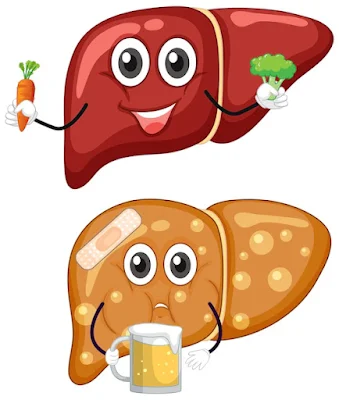Welcome to a comprehensive guide on the benefits of organic foods, where we explore how this dietary choice can lead to a healthier and more fulfilling lifestyle. In today's fast-paced world, it's become increasingly important to prioritize our health and well-being. Organic foods offer a natural and sustainable way to nourish our bodies, while also minimizing our impact on the environment. With a focus on sustainable farming practices, organic foods are free from harmful pesticides, genetically modified organisms (GMOs), and synthetic additives. By choosing organic, we not only reduce our exposure to potentially harmful chemicals, but we also support the preservation of biodiversity and the protection of our ecosystems. Moreover, organic foods are often richer in essential vitamins, minerals, and antioxidants, offering a more nutrient-dense option for those seeking optimal health. In this guide, we'll delve into the multitude of benefits that organic foods prov...





Comments
Post a Comment